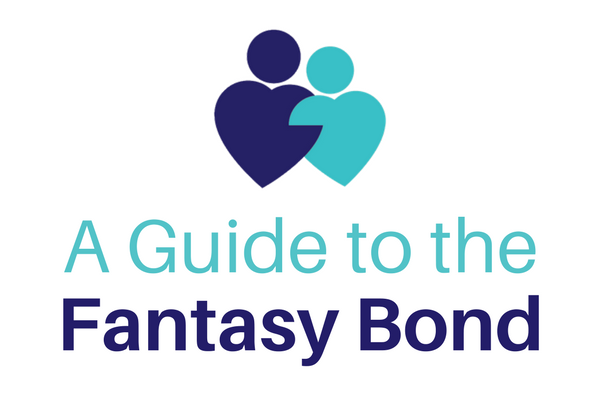Thinking Positively: Why You Need to Wire Your Brain to Think Positive
…ticism One of the biggest obstacles to thinking positively is the Critical Inner Voice. We all have an inner critic that loves nothing more than criticizing our every move. This inner critic can lead us into a spiral of shame or self-hatred. Ruminating on negative thoughts about ourselves, or others, only strengthens the neural pathways for negative thinking. In order to retrain our brains to think positively, we must stand up to our inner critics…
Learn More







